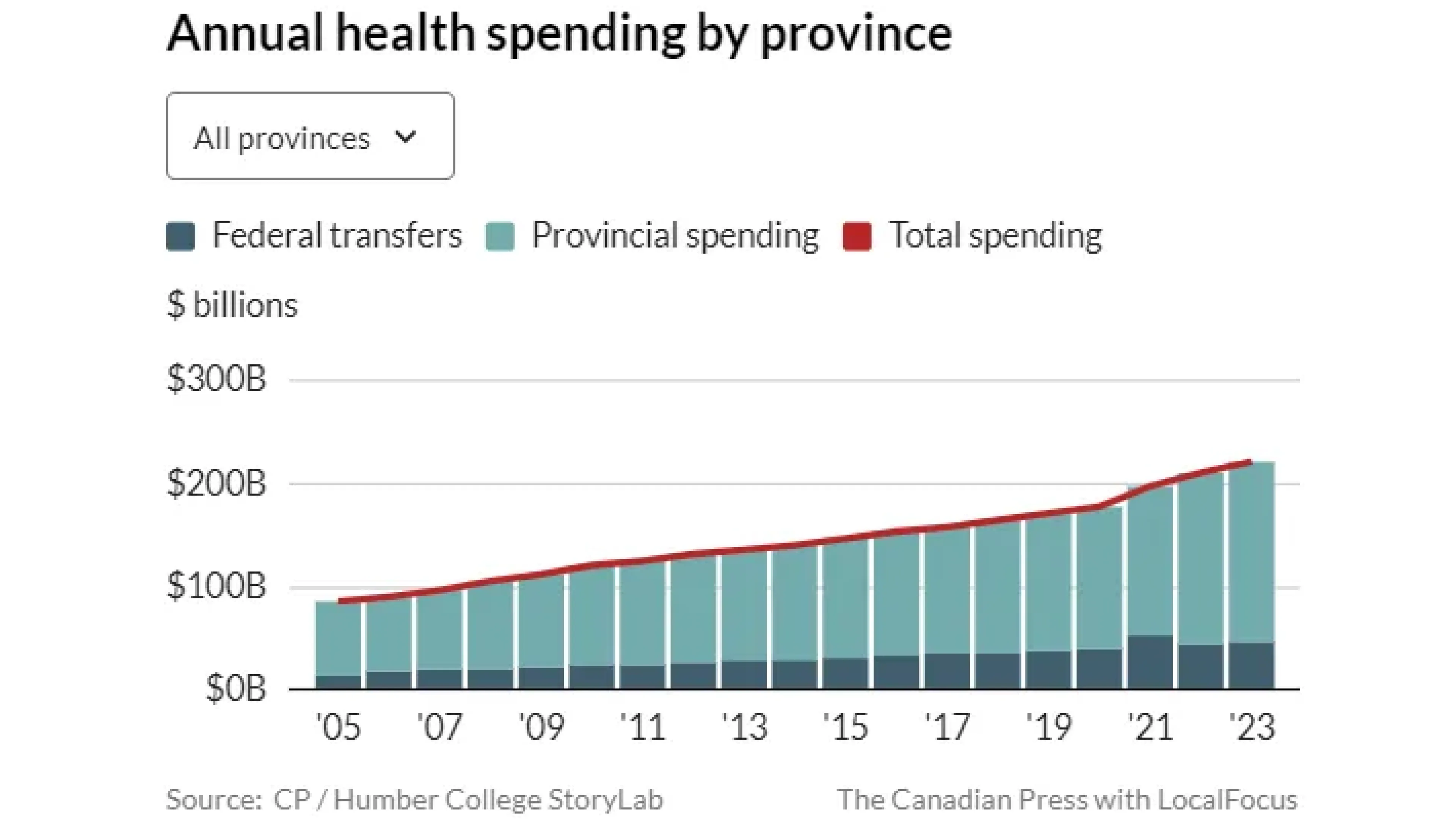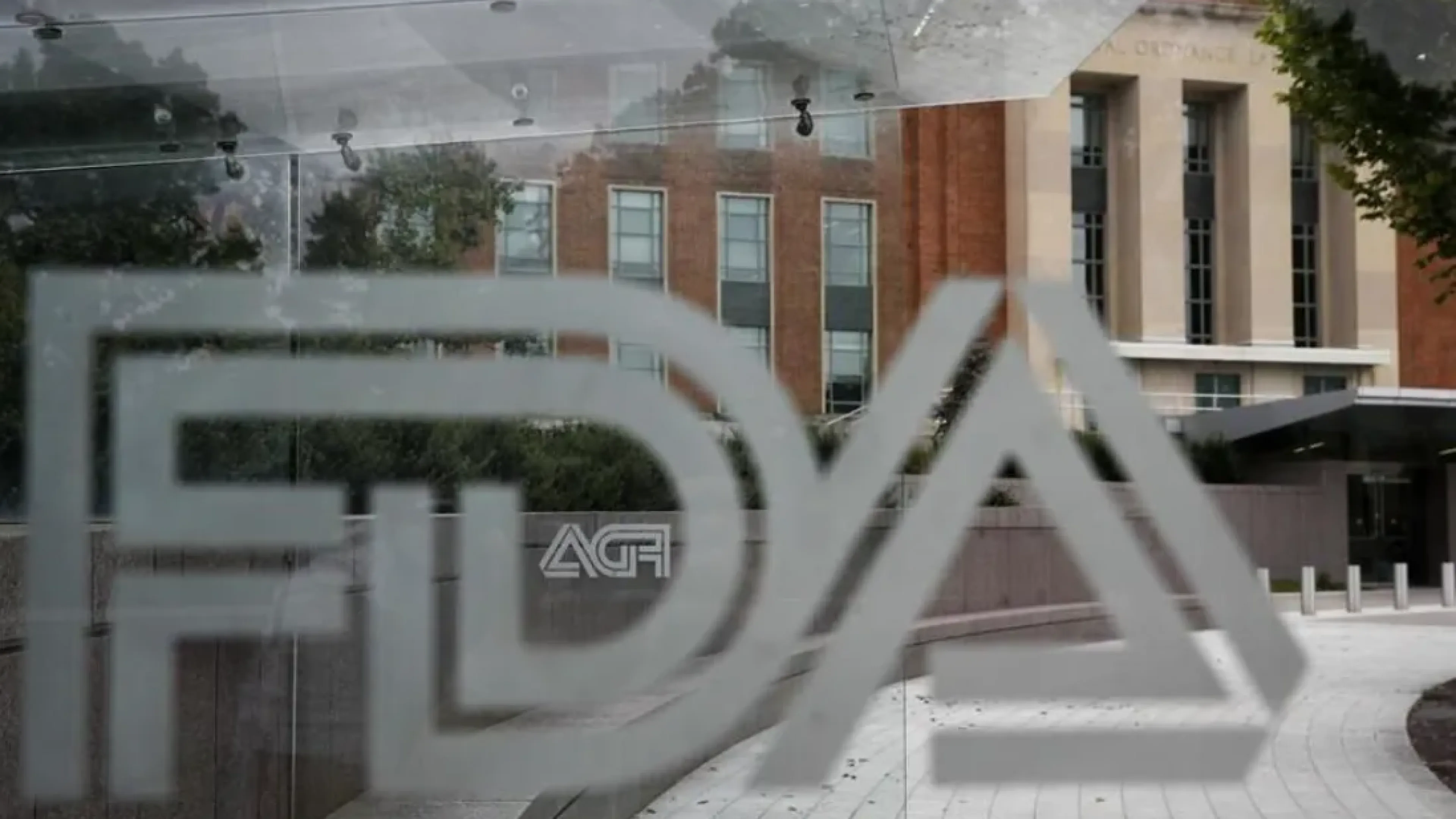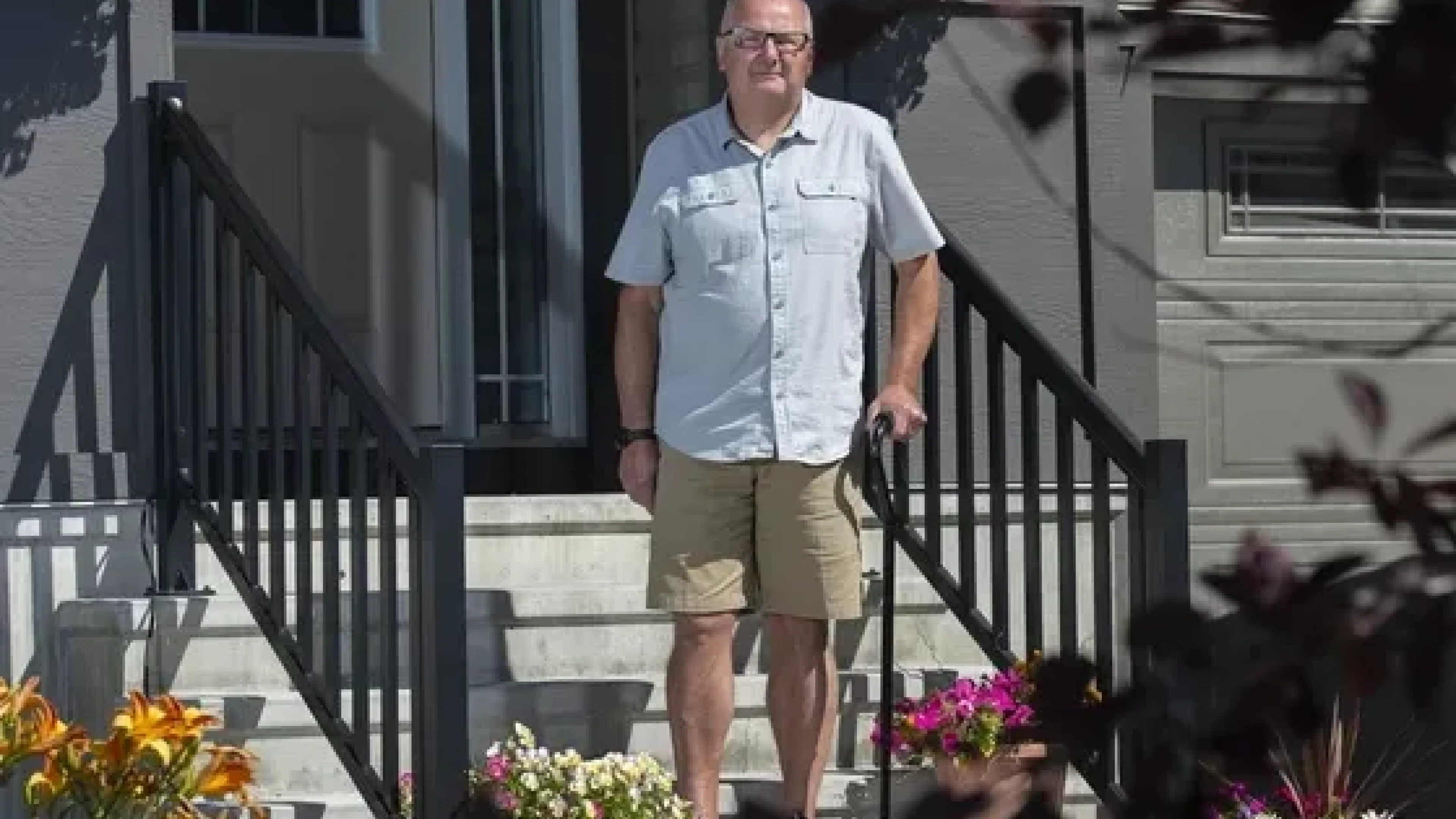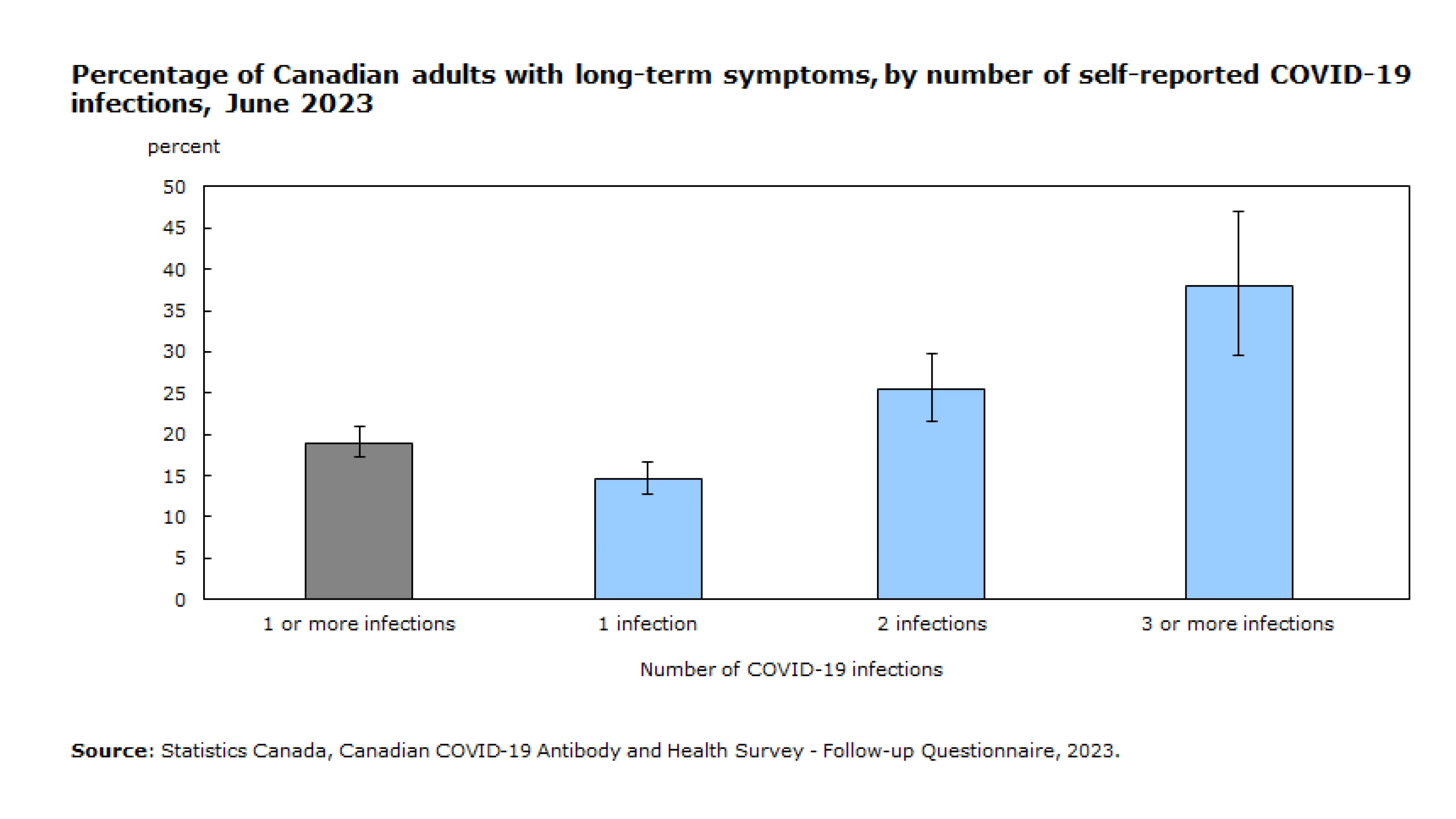You’re reading the web version of our weekly newsletter on Canadian health care and medical news. Sign up to get it next week.
Hi Healthwatchers! 👩⚕️👨⚕️
This week, a mixed bag of stories to keep you on your toes. The provinces play catch-up with federal health spending, the results are in on Alberta’s private surgery experiment. Oh, and there’s an FDA backlog that could disrupt global drug supply chains. Let’s get into it.

Since 2005, federal health transfers have grown 212%, while provincial health spending increased 158%.
Why it’s important: The funding gap suggests provinces bear more responsibility for the healthcare crisis than they may like to think.
Premiers have long pointed to federal underfunding as a cause of healthcare challenges, but analysis of 20 years of funding data paints a different picture. As federal contributions rose steadily over the years, provinces, for the most part, haven’t kept pace. The dynamic transcends political parties and successive governments.
Read more…

Close to 2,000 pharmaceutical plants have missed mandatory FDA inspections since 2019 due to COVID-related delays.
Why it’s important: The inspection backlog, particularly with overseas factories, could lead to contamination and safety issues in critical medicines.
Drug supply chains for the U.S. and Canada are deeply intertwined. Health Canada conducts its own inspections, but also relies on information from international partners like the FDA. Staff shortages and geopolitical tensions are hampering U.S. efforts to resume inspections. As inspections come back online, plant violations could lead to recalls or import bans, disrupting supply chains and causing shortages.
Read more…

Alberta’s push to reduce waitlists by shifting routine procedures to private clinics has worsened delays for complex surgeries in public hospitals.
Why it’s important: As Alberta expands its use of private surgical centers, movement of scarce professionals to the private system has led to staff shortages in hospitals, affecting complex and emergency surgeries.
In 2020, the UCP government launched the Alberta Surgical Initiative, allowing third-party corporations to bill the government for surgical services. The move is similar to Ontario’s passage of bill 60 last year. While private facilities efficiently handle straightforward surgeries, public hospitals face growing challenges in providing essential care, especially for complex patients.
Read more…

A University of Alberta study published in JAMA Pediatrics was retracted after methodological errors were found.
Why it’s important: The authors initiated the retraction after finding they’d misreported long COVID’s incidence in their pediatric sample. It was 1.4%, not 0.4%. Let’s discuss the corrected incidence.
Say my kid goes to school and catches COVID twice a year. With each infection, he has a 1.4% chance of developing long COVID. With two infections, the chance is 2.8%. After five years, and 10 infections, the cumulative chance of him getting long COVID is now 13.2%. What’s not accounted for is that each reinfection increases the risk. For those with three or more infections, long COVID is as much as 2.6 times more likely, so his real odds of getting long COVID are actually much higher.
Read more…

Quebec will begin allowing advance requests for MAiD, even though the federal government has not updated the Criminal Code to protect providers from legal risk.
Why it’s important: As of October 30th, Quebecers with serious and incurable illnesses, such as Alzheimer’s disease, will be able to make advance requests for MAiD, before losing the capacity to consent.
The move is in-line with Quebec’s apparent consensus on the issue, but it also puts healthcare providers in uncertain legal territory. Without federal amendments, providers remain at risk of federal prosecution, despite provincial approval to honour these MAiD requests. The pressure is now on Ottawa to align federal laws with Quebec’s or provide its own version of legal clarity.
Read more…

A 36-year-old woman, Amanda Huska, died after being denied a liver transplant due to alcohol use, despite quitting and having a living donor match (her spouse).
Why it’s important: Huska’s case raises ethical questions about transplant guidelines that exclude patients with alcohol addiction, even when a living donor is available and willing.
There are obvious societal and system-cost reasons for prioritizing scarce organs for patients with the best chances of long-term survival. However, the cost of Huska’s extended hospitalization, during which she suffered greatly, far exceeded the potential cost of allowing her boyfriend to donate liver tissue he presumably wasn’t offering to anyone else.
Read more…
And that’s all for the week. As always, I’d love to hear your thoughts — drop me a line on what topics you'd like to see more of, and if you haven't yet, subscribe.
See you next time, Healthwatchers.
Nick Tsergas
National Health News Editor
Canada Healthwatch
[email protected] | canadahealthwatch.ca
Canada Healthwatch: Weekly
Your essential briefing on health care and medical news. Sign up to get it next week.
Check out our newsletter, it's a handpicked roundup of the most important news from the week. Subscribe